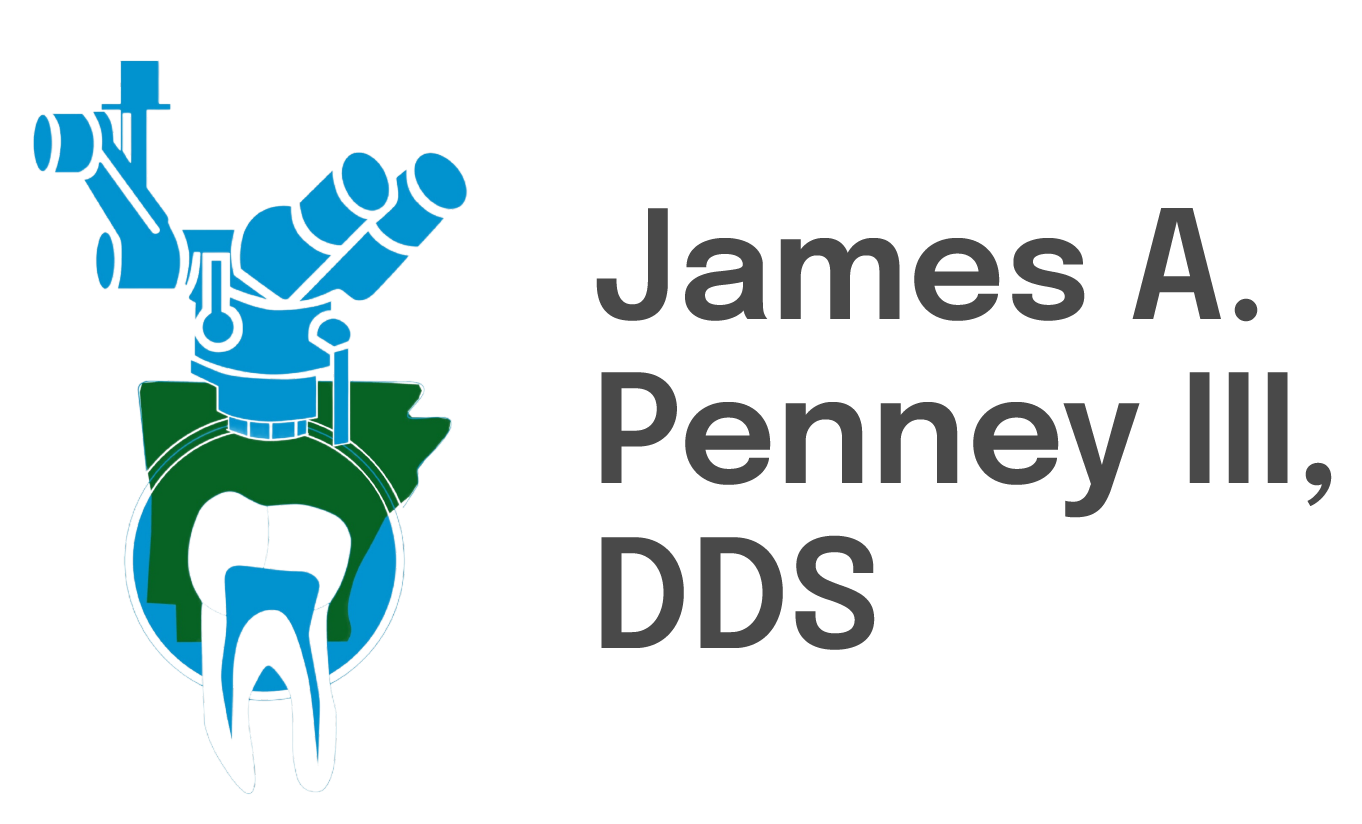True. Unfortunately, many of us have been passed down genes that make us prone to cavities. Good news: once you’ve identified the pattern, there is plenty you can do about it.
If you know you are prone to cavities. Take extra steps. Your dentist might have special recommendations for you like doing a fluoride treatment or using a special kind of toothpaste.
What does genetics have to do with tooth decay?
Genetics has just as much to do with your teeth as it does your appearance. If your parents had large teeth with strong enamel, you’ll likely inherit similar teeth. If you parents had crooked teeth, you might need braces at some point in your life.
Genetic influences go beyond appearances. Your food preferences are also likely to be similar to your parents. Some of us have a more serious sweet tooth than others. Eating more sugary treats and drinking sugary drinks has a negative effect on your dental health just as if you were born with soft enamel.
Speaking of enamel, you get your enamel from your parents too. Strong enamel is hereditary. The stronger the enamel, the harder bacteria has to work to create a cavity. On the opposite end of the spectrum, those who suffer from soft enamel are prone to get cavities more frequently than others. Studies have even shown that your genetic code affects your saliva and the kinds of bacteria you have in your mouth.
What can you do about it?
Did you know tooth decay is one of the most chronic diseases in the world? Hearing that your chances of developing tooth decay is higher just by chance isn’t encouraging. The facts don’t stop here. Your parents might have given you your teeth, but you get to decide what to do with them.
Nearly half the causes of your cavities are environmentally related. What you eat, drink, how often you brush your teeth and floss are all up to you. If you are suffering from seriously soft enamel, your general dentist might recommend fluoride treatments.
What do all of our general dentists tell us every time we go in for a cleaning? Floss more and stay away from sugary drinks. We’ve all heard this advice. But knowing our teeth are especially susceptible to decay might influence us to be more diligent about flossing and think twice about sugary drinks.
What’s the big deal about sugary drinks? Is it different from edible sweet treats? Yes and no. Sugar is still sugar. The bacteria on your teeth that cause decay love it. A sugary drink is worse for your teeth because, in liquid form, sugar has an easier time getting to every corner of your mouth, covering all your teeth.
If you can’t put the sugary drinks down, compromise with extra dental care. Here is our advice:
- Drink water right after drinking a sugary drink to help rinse the sugar off your teeth.
- Take flossing more seriously. Get flossers to encourage the habit.
- Request a fluoride treatment the next time you go to your general dentist for a cleaning or ask about using a special fluoride toothpaste or mouthwash.
